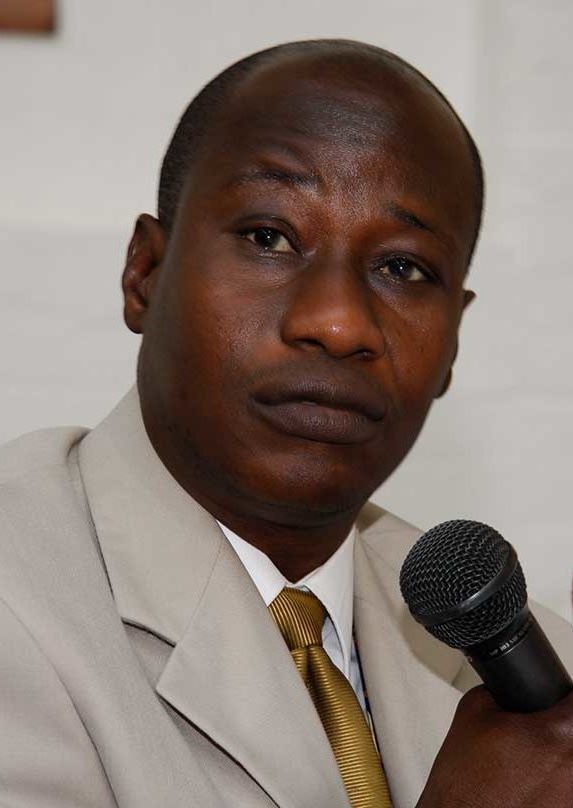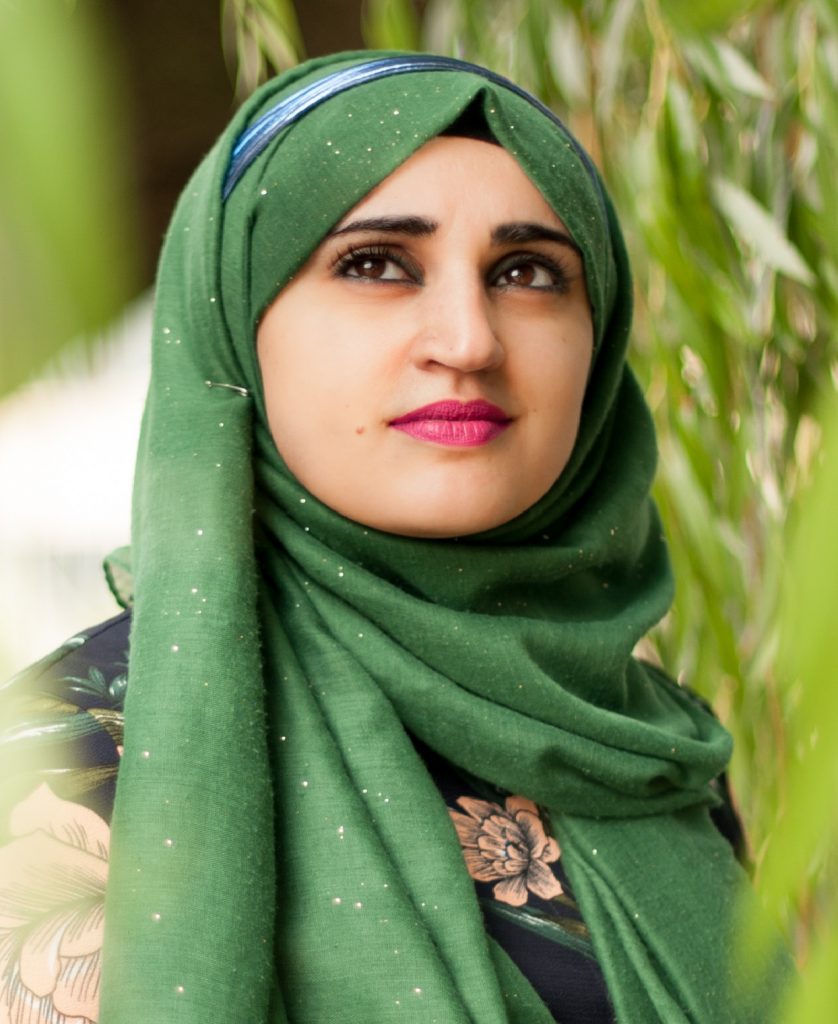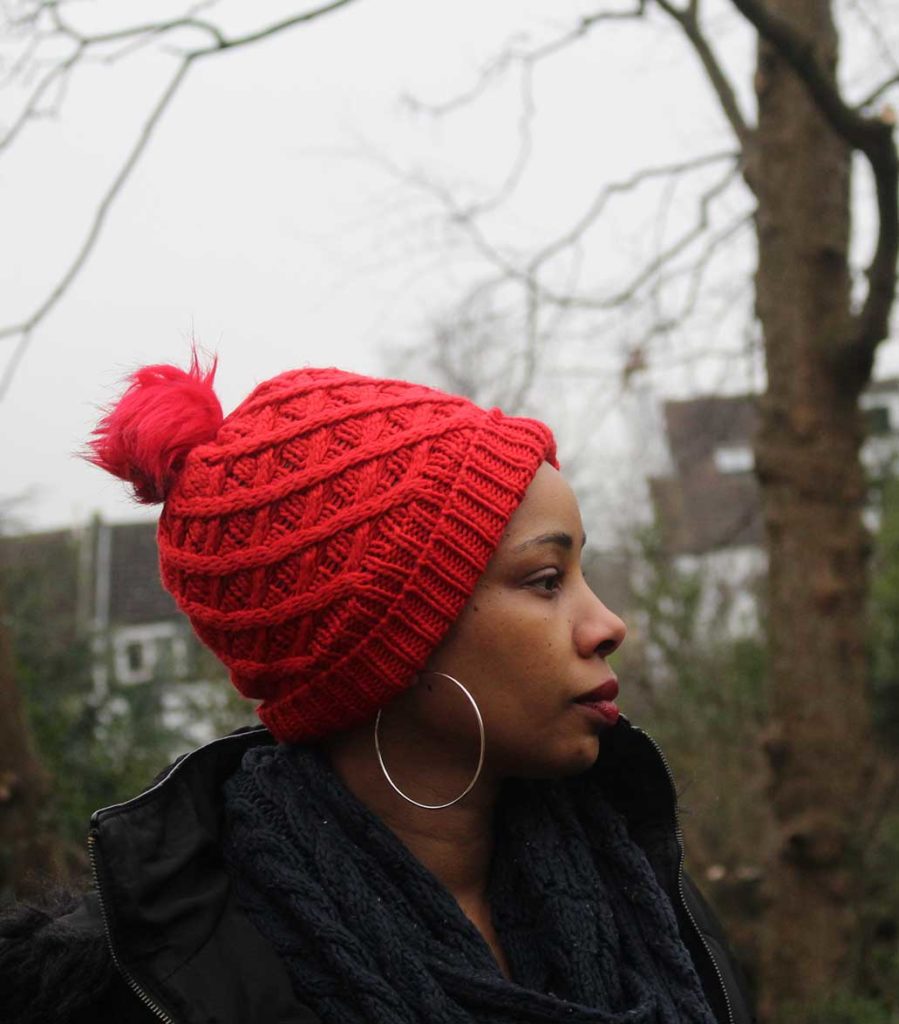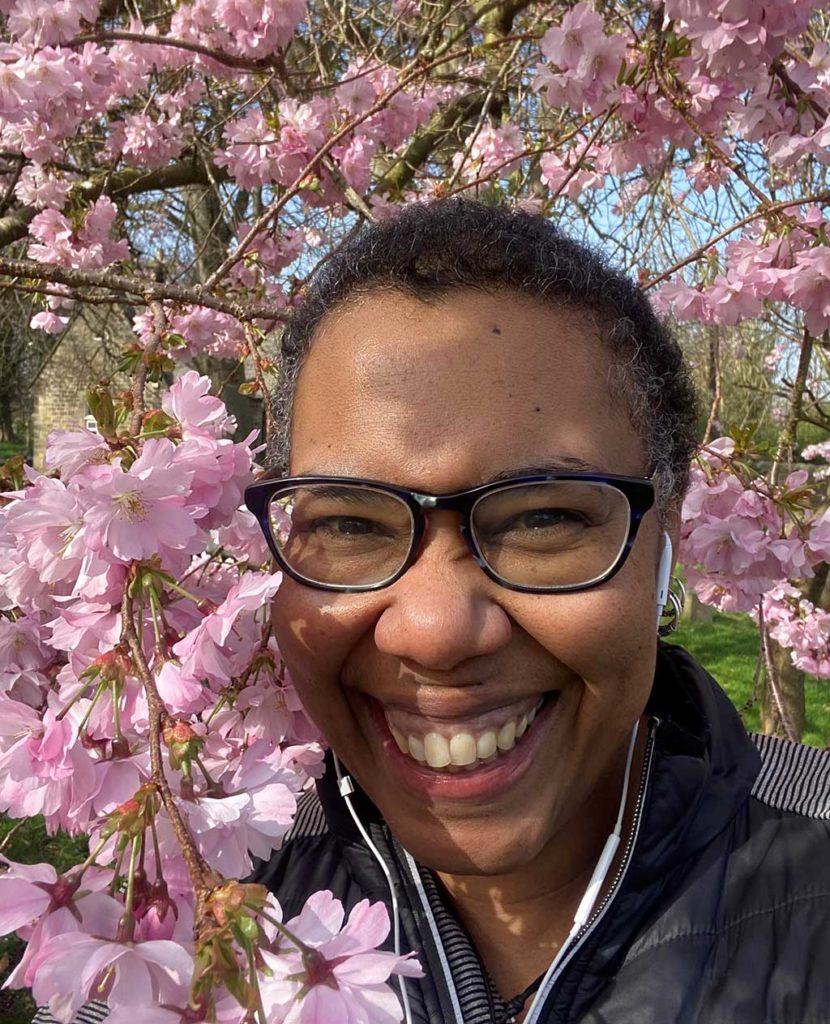Access to the English countryside: we want a countryside for all

Maddy Haughton-Boakes, our campaign manager, introduces some stories and findings from a CPRE research project looking behind the statistics to the lived experience of access to the countryside for people of colour.
At CPRE, the countryside charity we believe in a countryside that enriches all our lives.
But huge inequalities exist in who accesses the countryside, with racial inequity especially stark. For example, children from Black, Asian and Minority Ethnic (the identification used in the original research) backgrounds being half as likely to visit the countryside than White children.
‘We want to help remove the hurdles that prevent people engaging with the countryside’
We want to help remove the hurdles that prevent people from engaging with the countryside. In 2020, we commissioned a research project to help us to get a better understanding of the barriers to countryside connections for people of colour.
We were standing on the shoulders of giants for this work, as much has already been done, including by the researchers who worked with us and by other organisations – you can read more about these in our research overview. We wanted this research project to help gather more insights into the complexities around inequalities in countryside access and catalyse more change and discussion, not least in our own work at CPRE.
The method
Facilitated by the New Economics Foundation (NEF), the research took a qualitative approach, emphasising human stories over data and statistics. The researchers all have lived experience of the topic, and they led the research.
The researchers, all people of colour with an interest in the issues surrounding access to the countryside, interviewed their peers and networks to explore what access to nature and the countryside meant – and why inequalities might exist.
And the researchers also brought their professional experience of working on access with grassroots or local organisations and through their own initiatives and past projects.
Over several months, a dialogue with some communities was developed, building a knowledge base to inform policy and practice as well as future research.
These stories and reflections from the researchers provide some insight into the complex situations around race and access to the countryside. We hope they prompt inquiry, questions and collaborations in the readers and listeners.
CPRE is now working to support the design of a co-created, experience-led initiative bringing together access champions to shape lasting change in the countryside.
You can read some of our learning from the project in this opinion piece from CPRE’s deputy chief executive, Tom Fyans. At CPRE, we’ve learned that stepping back, sharing power and space might not feel easy – but is so vital if we’re to really achieve a countryside for all.
The researchers and their findings

Maxwell A. Ayamba
Maxwell A. Ayamba is a PhD research student in Black Studies at the Department of American & Canadian Studies, University of Nottingham.
He is an environmental journalist who has previously worked as an Associate Lecturer / Research Associate at Sheffield Hallam University (SHU). He founded and still coordinates the Sheffield Environmental Movement and he was the co-founder of the 100 Black Men Walk for Health Group which inspired the production of the play ‘Black Men Walking‘.
Maxwell says: ‘In my birth culture, we believe that all human beings came from, and are part of, nature – and to nature we shall return. It is a web of life. Here, when I ask people what nature is, they tend to point to the trees or green spaces outside. They don’t see themselves as part of nature, which is very strange to me.
‘It’s often said that the countryside is open to everybody. But there are many barriers to access for BAME and lower-income communities. I do what I do because I love seeing how excited people get when they have the opportunity to explore the countryside for the first time.’
Maxwell shared the insights, stories and reflections he gathered through his ethnographic study with 35 participants from an Asian community group during a walk in the Peak District National Park in this report.
Read Maxwell's report
Sarah Hussain
Sarah Hussain is a Huddersfield-based author and educator. Her first novel, ‘Escaped from Syria’, was a winner in the People’s Book Prize Award and her short story collection ‘Sit up, Stand up, Speak up’ was released in 2017. Her short story, ‘You will be free one day, my dearest India, is included in the anthology ‘Trouble‘, celebrating protest.
Sarah uses her writing as a means of expression and her voice to promote tolerance. Her PhD research looks at ecological degradation in the Himalayan region from a postcolonial ecofeminist perspective. She aims to use her research to amplify women’s knowledge and she wants to challenge negative representations of South Asian women.
Sarah says: ‘It’s essential to understand our interconnectedness with the natural earth in order to promote a sustainable future. This project has been an opportunity to reflect on the knowledge of women of colour that has been largely neglected in the west.’
What to many people looks like a welcome walk in a beautiful landscape leaves others hesitant. Sarah’s article discusses why this is, particularly in relation to visibly Muslim women, and why we need to make sure the benefits of a country walk are truly open to everyone.
Read Sarah's article on our website
Frederique Lanoix
Frederique Lanoix is a black woman who works to highlight and explore the diversity of stories that are told about people experiencing anxiety and depression. She looks at the ways in which our identities and others’ assumptions affect the care we receive and the support we are given in the community and the media.
She is the host and founder of !Visible, a podcast project that provides insight into mental health issues in a time where it is more elevated than ever.
Through three bonus episodes of her !Visible podcast series, Frederique talks to four guests about their connections with nature, the places they explore and what it means for their mental health.
Crossing intersections of race, disability and mental health, these episodes offer insight into personal and diverse connections with nature.
Listen to Frederique's podcast now
Sheree Mack
Living in England’s north east, Sheree uses hybrid writing to explore the experiences of people of colour in nature and the countryside. Sheree is part of a National Lottery Heritage-funded project to understand and eliminate barriers that limit the experience and enjoyment of the countryside for people of colour and their communities.
Sheree is creating a mixed-genre memoir exploring a Black woman’s body with/in nature, and she also set up The Earth Sea Love podcast, which amplifies the voices and stories of women of colour and their relationship with nature.
Sheree says: ‘My work is about healing my body at the same time as healing the earth, in my own little way. I’m trying to change the narrative for Black women and others through the work that I do with/in nature.
‘In my own small part of the world, through the people my words and voice reaches, I wish to bring about more of a nature connection so both people and nature can thrive together.’
In her immersive piece of striking imagery, poetry and prose – extracts from her visual journals – Sheree explores ideas from her work and personal experiences on connections with the countryside.
Read Sheree's journal extracts
Serayna Solanki
Serayna Solanki is a freelancer with an interest in climate and environmental issues. She has an educational background in BSc Natural Sciences from Lancaster University.
In 2021, she launched Grandmothers’ Garden, a climate and environmental education and knowledge sharing programme from ethnic minorities. Serayna has supported EU-based racial justice civil society coalition, Equinox, on a policy analysis of the European Green Deal through the lens of racial justice titled ‘Towards Climate Justice‘.
Beyond this, she has supported community-led climate action projects to have better international representation of climate justice demands and realities, supporting ethnic minority inclusion.
In her personal time, she is a volunteer apprentice beekeeper at Hackney City Farm, a painter, an outdoors explorer and a hobbyist creative writer.
Serayna captured over 14 hours of dialogue with seven people within the diverse South Asian community of her hometown Leicester to explore relationships with the countryside for this article, contributing to the making of a collective multi-generational and multi-ethnic story of South Asians in Leicester.
Read Serayna's article


